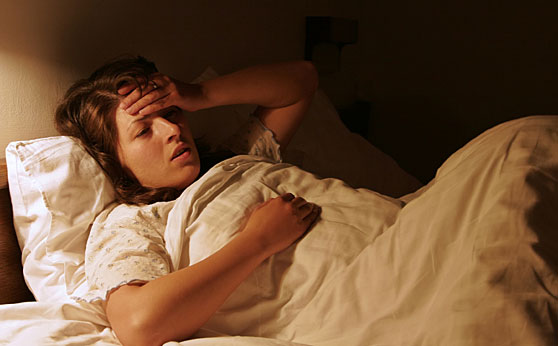Nobody plans to become addicted to alcohol, or any other substance for that matter. Nobody makes the choice to start consuming too much of a drug that will change his or her life for the worse, or to make that drug the largest driving factor in his or her life. Because alcohol addiction happens so gradually, most people don’t even realize they are becoming addicted, and they don’t understand how serious their situation is until it is far too late to simply stop drinking. When deciding whether you have a drinking problem, or when you are concerned that you or a loved one may be developing a dependency on alcohol, it helps to be familiar with the signs and symptoms of alcohol addiction.
Behaviour changes
When we think of symptoms, we tend to think of physical effects, such as sneezing and coughing, being symptoms of the common cold. With alcohol dependence, physical symptoms aren’t always a reliable early indicator; sometimes they are so subtle we may not even notice them. The best place to look for early signs and symptoms of alcohol addiction is in our behaviour, our minds and our emotions. For example, do you find yourself drinking when you had planned to be doing other things? Do you find yourself surprised at how much you drink? Noticing changes in our behaviour is vital to understanding alcoholism. Pay attention to how you, or the person you are concerned about, act around alcohol. There could be clues there that point to a larger problem.
Emotional indicators
How you feel about alcohol is another important thing to notice. Many people who have not yet realized their addiction find themselves feeling ashamed of their drinking. They have the impulse to hide how much they drink, or to avoid letting other people catch them drinking. Feeling the need to drink in order to feel calm and relaxed is also an indicator—it’s not that the drinking helps you relax, it’s that you feel agitated and upset because your body is telling you it wants a drink. Anger is another major emotional indicator. Do you want to lash out in anger when someone mentions your drinking? Do you feel frustrated by people who try to get you to stop? The emotional signs and symptoms of alcohol addiction are often much more obvious than the physical signs.
Withdrawal symptoms
Psychosocial symptoms tend to become much more obvious when withdrawal kicks in. Feeling the desire to drink tends to manifest in ways that feel more mental or emotional. Feeling the physical need to drink is another story. Withdrawal can cause shakes and tremors that can be accompanied by extreme feelings of jumpiness, like a very bad case of the jitters. This can come with feelings of chills or overheating and can be accompanied by heavy sweating. Insomnia is another symptom, especially if you feel the need to drink in order to get to sleep. Some of the most unpleasant symptoms of alcohol addiction are nausea and vomiting. Working your way through withdrawal can feel like undergoing a violent illness, and it frightens many people into putting off their choice to enter rehab.
Seeing symptoms in our loved ones
Sometimes our worries about alcoholism aren’t for ourselves. Sometimes we notice symptoms of addiction in people that we love. It can be hard to tell for sure what is going on with other people, especially since one of the impulses of addiction is to hide the outward symptoms of dependency. If a loved one seems to be acting strange about alcohol—spending too much time drinking, trying to hide his or her drinking, or having trouble remembering what he or she did while drunk—it’s important not to ignore this. Rehab clinics often offer advice to help with confronting loved ones about their drug or alcohol problems.
What to do next?
Alcohol addiction is a dreadful, life-destroying condition, but realizing that you have it, or that a loved one has it, doesn’t mean that life is over. There are many, many programs and facilities designed to help people overcome their addiction to drugs and alcohol. These programs are supportive of individuals and families and devoted to helping people reclaim their lives from addiction. If you have spotted the signs of alcohol addiction in your life, the best thing you can do is reach out for help.
This article was written by Jerry Suarez, who hails from a family of addicts and knows a lot about how to overcome alcohol addiction.





